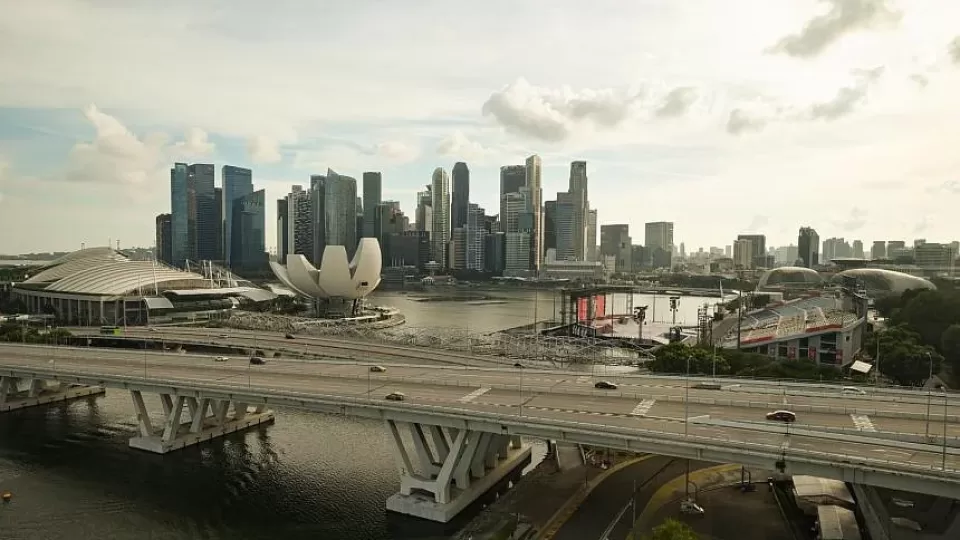July 8, 2022
SINGAPORE – By 2030, Singapore could become “Cosmopura”, a place where there is strong regional cooperation but where domestic climate protests are common affairs and high income inequality has taken root.
Or it could turn into “Bukit Mampus”, a dystopia where nothing is working out at home and abroad and its citizens feel a sense of dejection. Mampus means die in Malay.
It could also become “Soma-stan”, a version of Singapore where people feel lulled into complacency and there is little impetus to beat what the region can offer.
These three visions of the future are currently the front runners of what Singapore could look like in 2030, based on the inputs of about 700 participants in a new interactive, game-like Web app launched by the Institute of Policy Studies (IPS) in May.
Known as Quest2030, the app hopes to engage the public in reimagining the country’s future, said IPS deputy director Gillian Koh at a media briefing on Thursday (July 7).
She said: “It asks how Singapore will respond over the decade, through this period of radical uncertainty, and invites members of the public to share their views on key trends and in that way, craft alternative possible futures of Singapore.”
On entering the app, participants are asked to fill in their feelings on how Singapore will fare in three areas: a sense of agency, economic inequality and regional cooperation.
These choices lead to one of eight future Singapores, such as Cosmopura and Bukit Mampus, which participants can then explore through the Web app, encountering potential headlines, objects and reimagined spaces such as a virtual Hong Lim Park.
Participants are also asked to choose a guide from a range of eight characters, including activists, lawyers, retirees and hawkers, and are able to see how their version of Singapore in 2030 will affect these characters’ lives and livelihoods.
They can also answer additional questions and simulate decision-making for the country on issues such as openness to talent, which may then cause their version of future Singapore to change and evolve into another.
IPS hopes to attract more than 20,000 participants for Quest2030. The app is part of the third phase of the think-tank’s Reimagining Singapore 2030 exercise that began in 2020. This phase also included a series of focus group discussions.
Data from the app, which is anonymous but collects some demographic information like age and race, will be used in the final phase of the exercise, which involves the development of recommendations, action plans and pilot programmes to tackle policy problems of the future, Dr Koh said.
The app can be found at this website and will run at least until the middle of August, IPS said.


